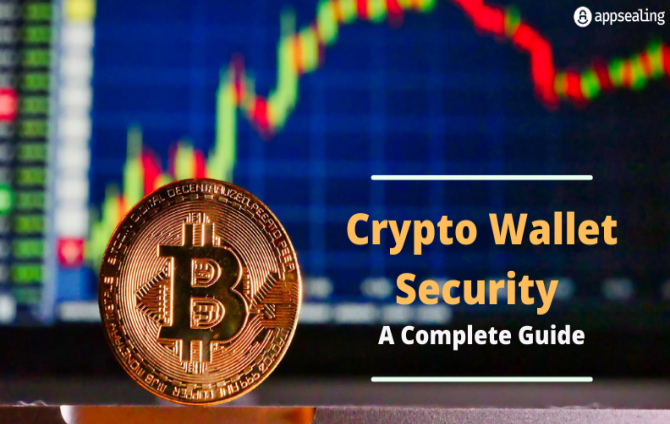
BY- Admin
13 Jun, 2021
Choose a Secure Wallet
Selecting a reputable and secure wallet is the first step in safeguarding your Bitcoin holdings. There are various types of wallets available, including hardware wallets, software wallets, and mobile wallets. Hardware wallets, like Ledger or Trezor, offer the highest level of security by keeping your private keys offline and out of reach from potential hackers. Software wallets, like Electrum or Exodus, are more convenient but still require proper security measures to protect your keys.
Enable Two-Factor Authentication (2FA)
Enable two-factor authentication (2FA) whenever possible to add an extra layer of protection to your Bitcoin wallet. By requiring a secondary verification method, such as a one-time code sent to your mobile device, even if a hacker gains access to your login credentials, they won't be able to access your wallet without the second authentication step.
Keep Software and Devices Updated
Regularly update your wallet software and all devices used to access your Bitcoin wallet. Software updates often include security patches that address vulnerabilities, and keeping your devices up to date ensures you're protected against the latest threats and exploits.
Implement Strong Passwords
Create strong and unique passwords for your Bitcoin wallet and avoid reusing passwords for other accounts. Use a combination of uppercase and lowercase letters, numbers, and special characters to create a robust password that is challenging to crack.
Backup Your Wallet Securely
Always maintain secure backups of your Bitcoin wallet's private keys or seed phrases. Store these backups in multiple secure locations, such as encrypted USB drives, offline storage, or a physical safe. In the event of device loss or failure, having a backup ensures you can regain access to your funds.
Utilize Multi-Signature (Multi-Sig) Wallets
Multi-signature wallets require multiple private keys to authorize a transaction. By using a multi-sig wallet, you can distribute the control of your Bitcoin between different devices or trusted parties, reducing the risk of a single point of failure in case of a security breach.
Be Cautious of Phishing Scams
Stay vigilant against phishing scams, where hackers attempt to deceive you into providing your login credentials or private keys on fake websites or through malicious emails. Always double-check URLs and be cautious about sharing sensitive information online.
Secure Your Internet Connection
Ensure that your internet connection is secure when accessing your Bitcoin wallet. Avoid using public Wi-Fi networks for sensitive transactions, as they are vulnerable to eavesdropping and hacking attempts.